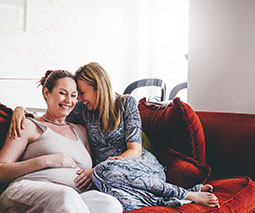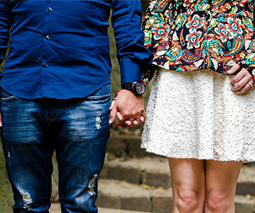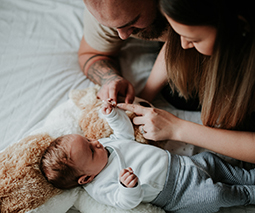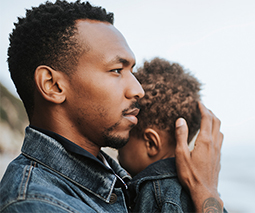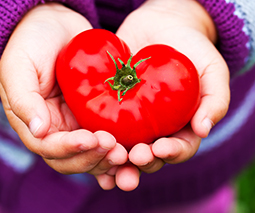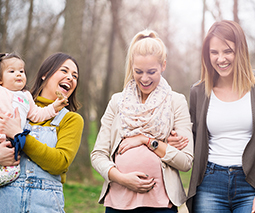Single and wanting a baby? Here are your options
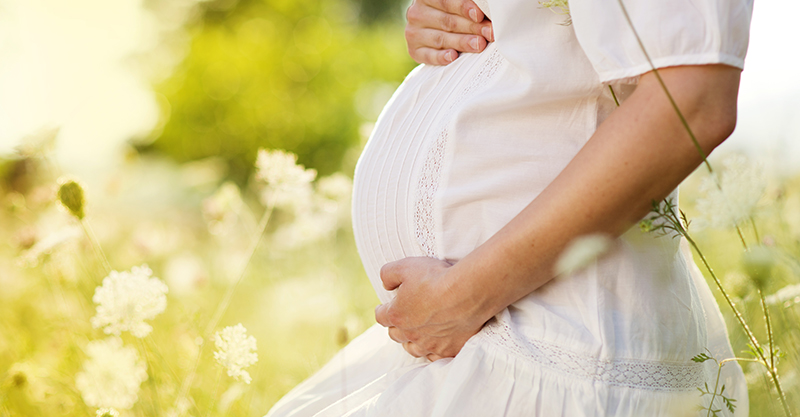
You thought you’d be married by now, or at least with someone you could settle down with. When you were thirty and single, you believed you had plenty of time to find a partner, and have children. Only now you’re at the other side of your thirties and time is running out … how do you have the baby you’ve dreamed of if you don’t have the partner to make it with?
Lots of women end up in their mid-to-late thirties with their biological clock ticking loudly – but no partner on the scene to start a family with. But if you’re single and want to try for a baby, the good news is that you don’t need to be a with a partner to create life. These days, more women than ever are making the decision to pursue motherhood with or without a partner, and fortunately for them, there are several options to choose from when it comes to falling pregnant.
Sometimes there has to be a Plan B
Plenty of us start out with a dream to have a big family, but of course in reality this doesn’t always pan out. Relationship breakdowns and not finding the right partner to settle down with can mean that planning for parenthood is more challenging than first realised. Other women are single by choice and don’t see that marriage and coupling needs to happen for them to become mothers. Every single woman is different, and although the initial plan might have been to have babies with a loving partner, sometimes you need a Plan B, and modern times mean that this is totally achievable.
Times are different
Women have never had more choices when it comes to falling pregnant. No longer chained to the notion that babies require marriage and two heterosexual parents, or the financial backing a partner can bring to parenthood, independent women these days are making their own decisions when it comes to having babies. With many professional women on top in their careers, managing their own finances and surrounded by supportive friends and family, choosing to have a baby on their own is not the taboo topic it may have been in the past.
Going solo by choice
According to Dr Georgiana Tang, Medical Director of City Fertility Centre (Sydney Clinic), women choosing to be a single mother is on the increase, and as well as the widespread acceptance of this, there are many options for women considering going it alone. “There are a comprehensive range of services to help single women achieve parenthood, whether that be now or down the track,” says Dr Tang. “The first decision you need to think about is whether you want to try now to have a baby or whether you would like to preserve your fertility – by freezing your eggs – in order to try and have a baby at a later date.”
The next thing to consider is your age, says Dr Tang. “One of the most important factors that often influences your decision on what action to take will be your age. Research shows that female fertility is at its optimum level until the age of 35.” Bear in mind that the quality of your eggs will start to decline rapidly from age 35, and your chances will become increasingly slim as you approach your early forties. Therefore, Dr Tang says, if you are hoping to use your own eggs, age plays an important role. Keep this in mind as you consider your fertility options.
Whether you’ve decided to freeze your eggs for a later date or want to go for a baby now, here are some fertility options that can help you fall pregnant on your own:
Donor insemination
Otherwise known as artificial insemination, this involves inserting treated sperm into the uterus directly. This could be using frozen sperm from a donor, which will have been thoroughly screened for infectious diseases and genetic conditions. The sperm donor’s details will also be kept on file so that your child can access this information when they are 18 years old, if they wish to learn more about their biological father.
In vitro fertilisation
“In vitro fertilisation (IVF) literally means ‘fertilisation in glass'”, says Dr Tang. “For single women, it involves the fertilisation of the egg by a donor sperm in an incubator outside the body, followed by transfer of the embryo back into the uterus.” Before this can happen, a woman needs to go through a full IVF cycle, including the egg retrieval process, after which any spare eggs can be kept frozen or fertilised with donor sperm and frozen as embryos.
Intracytoplasmic sperm injection
If IVF proves unsuccessful, or if sperm is suspected of being poor quality, Intracytoplasmic Sperm Injection (ICSI) can improve the chances of pregnancy, and involves the injection of a single sperm into each egg.
Egg freezing
Egg freezing has become both more popular and much advanced over the past decade, says Dr Tang, who adds that research studies are demonstrating equally successful fertilisation rates for frozen eggs and fresh eggs. This is great news for women who don’t want to fall pregnant right now, but want to keep their options open for the future. “Egg freezing can potentially be helpful for single women for a range of reasons including those who wish to try and have children at a later date, those with a genetic disorder that could limit their fertility, and women with cancer who need to undergo chemotherapy,” says Dr Tang. “However,” she adds, “it is essential that egg freezing only happens after appropriate counselling.”
While there is no guarantee that freezing your eggs will one day produce a successful pregnancy for you, the younger you are when you freeze your eggs, the better quality they will be when the time is right. To ensure you have all the information you need to decide whether to freeze your eggs or not, make an appointment with a fertility specialist who can help.
DIY pregnancy
If fertility clinics aren’t your scene – or in your budget – you could consider using a friend’s sperm donation. This can be a plus if you have a ready and willing friend, but consider drawing up a legal agreement between the two of you before you go through with it, as you never know how things may change down the track. For example, your donor friend may say he is happy not to have anything to do with the baby once it’s born, but then change his mind after the birth.
If you can spot trouble with the donor friend option, you could consider using the internet to find a sperm contributor. The Tinder style ‘Just a Baby‘ app is becoming popular amongst diverse groups of people who are struggling with fertility options and connects users with legal guidance as well as fertility advice and counselling.
The freedom to choose
If you’re single and want a baby, and don’t want to waste time waiting to meet a partner who wants the same things as you, then you are free to make a decision that suits you and your fertility needs sooner rather than later. Many women who have gone down the same path describe it as the best decision they could have made, and that not having to pin their hopes on Mr Right coming along was hugely empowering. With so many options available, there’s every reason to believe that this can happen for you too.
